Hifi Pig chats with Ricardo Franassovici, the founder and managing director of UK high-end distributor Absolute Sounds about what inspired him to launch the company, what high-end means to him and where he sees the future of high-end audio going.
 When was Absolute Sounds formed and what was the motivation for you?
When was Absolute Sounds formed and what was the motivation for you?
I started the business in 1977. I had a successful carrier in the rock industry, working for record labels and promoting rock concerts, and this brought me to England. I was obsessed with good music – and also great sound. During my music industry career, I was known as ‘the eccentric’ because I’d never test white labels on ‘ordinary’ audio gear. I had a pretty esoteric system at the time… it just seemed natural that I’d move from the music industry into the ‘high fidelity’ scene.
I started Absolute Sounds with the aim of importing audio equipment that really needed to be experienced in the UK, but for insular and political reasons was not available in this country. The UK ‘high-end’ scene in the late 1970s was dominated by two well-known current brands. They had sewn up the UK market in such a way that it was widely believed that nothing beyond that type of performance existed. For me, that was baloney – the performance these products offered seemed rather one-dimensional compared to the high-end Hifi equipment I was used to.
What were the first products you started importing into the UK?
The very first product was an exotic moving ribbon phono cartridge form Nagatron, which had a single ribbon acting as the coil. We sold about 50 units.
We then brought in a valve preamplifier from Californian company Precision Fidelity – extraordinarily good for the time – and the legendary Beveridge electrostatic loudspeakers.
Once I’d solidified my cashflow, I started approaching companies like Audio Research and Krell. We quickly gained a reputation for importing the finest audio esoterica from around the world.
What do you think actually defines high-end audio?
A very good question… High-end audio is about removing the layers that the ‘bad’ electronic companies have put between the music signal and the speakers, so you get closer to the sound of a live musical performance. Without the electronic noise your brain relaxes, and the experience is instantly more pleasurable. The scale, the detail, the energy – high-end audio equipment is a conduit to bring you closer to the music in every possible way.
Of course, design and build quality come into it, too, as does aftermarket service and brand cachet – much like any other upscale product group, like watches or cars or haute couture. There’s pleasure and pride in owning an exclusive brand, revelling in the craftsmanship and supreme, unerring quality apparent in every finely-honed detail. If you own, let’s say, a Dan D’Agostino amplifier, you become part of an exclusive club, a select group defined by its appreciation for technology and engineering pushed to extremes in the pursuit of audio excellence.
Ultimately, the single most important factor that defines the absolute best audio components is their sound. For lovers of music, there’s little to match the intense, emotional experience that high-end Hifi delivers, time and time again.
Listening to music should delight our senses and evoke a feeling of sublime pleasure, just like the experience derived from a fine bottle of wine, one’s favourite piece of art and so on. A high-end audio system should seek to maximise the pleasure derived from music.
Looking at this from a worldwide perspective, which person’s designs have had the biggest impact on the high-end audio scene in the last 35 years, and why?
I can mention a few…
Dan D’Agostino [founder of Krell] created the concept of big, muscular, musical sounding solid-state amplifiers. He was the first person to show that you could combine high-fidelity finesse and awesome musical power – the two weren’t mutually exclusive, as others would have you believe.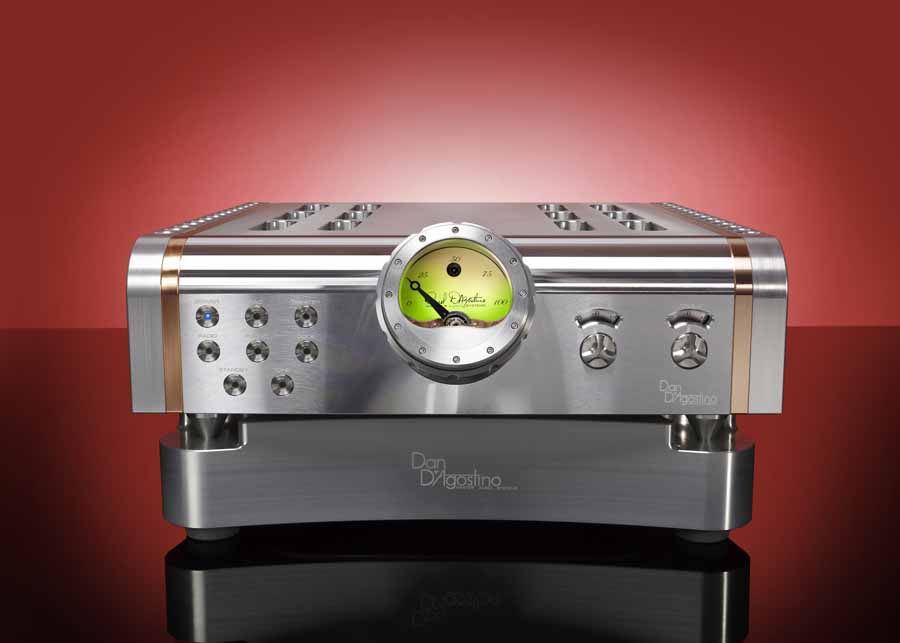
The godfather of valves is Bill Johnson of Audio Research. He started by modifying Dynaco amps, then began creating his own amplifiers that were marketed as ‘high-definition’ long before the phrase became widely used. He created a genuine ‘movement’ and made people realise that valves could produce sonic power and precision, as well as sweetness and warmth.
I remember I spoke to Peter Walker [founder of Quad] in the 1970s and he said there was only one other electrostatic loudspeaker designer in the world that mattered – that was Harold Beveridge, with his big electrostatic panels that operated very differently from others. They were largely cylindrical and dispersed sound via an acoustic lens, conveying the natural space that surrounds musicians in a way that was seamless, grainless and utterly holographic.
The late Dave Wilson is truly the father of high-definition ‘tower’ loudspeakers. He developed his first speaker because he couldn’t find a monitor to accurately reproduce the music he was recording at the time, including his wife’s vocal performances. He mastered the ‘time domain’ like no other – critical for the accurate portrayal of a live music performance – and created high-fidelity music ‘monitors’ equally at home in music studios and dwellings. The quality of drive units, the innovative crossover networks, the use of inert composite cabinet materials – it all adds up to the musical realism for which Wilson Audio is famed.
Other important characters like Franco Serblin [founder of Sonus Faber] and Mark Levinson helped to define what the term ‘high-end audio’ really means: superbly conceived and beautifully built sonic creations that deliver an astonishingly lifelike musical performance – way beyond the prevalent, mainstream audio components of the time.
If you were to pick one product that you have imported over the decades, which would you say excited you the most when you first heard it and why?
It’s hard to pick one… I’ll say Beveridge loudspeakers. I was astonished when I first heard them; “wow, this is a different level,” I thought. They created a physical sensation similar to the best live music experiences – quite different to any other speakers I’d heard at the time. I’m not saying they’re the best speakers ever made – certainly not – but they had a big impact on me, both in terms of sonic revelation and their importance to the early growth of Absolute Sounds.
I’d also have to include the original Wilson WAMM speakers. And Krell Class A amplifiers. And Audio Research valve amps. They all possessed a quality that nothing else delivered, in terms of digging right to the heart of the music and laying bare its emotional core.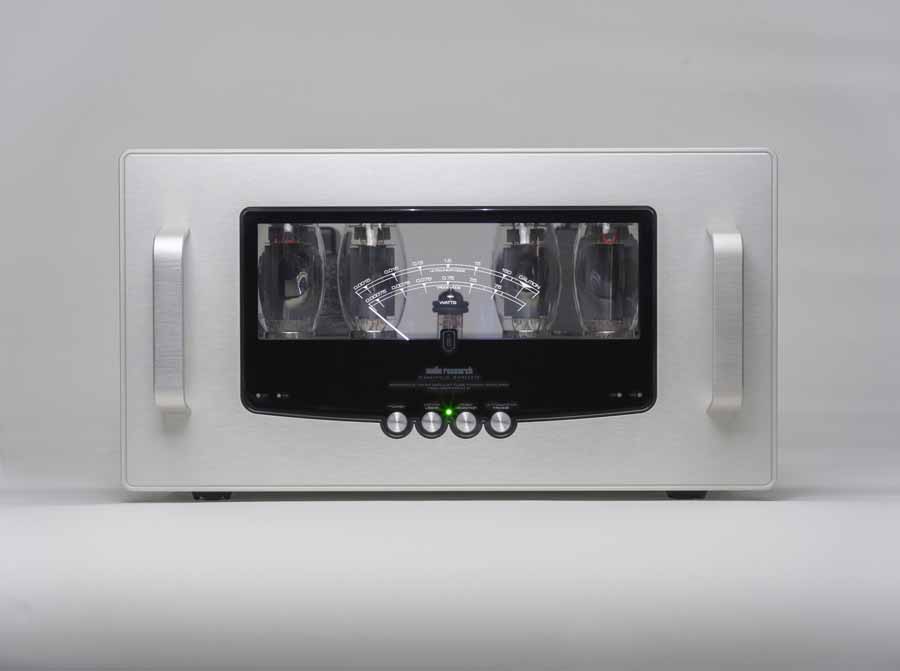
The last thirty years have seen huge changes in retailing with a massive move to online shopping, how has this affected Absolute Sounds and where do you see the future of high-end audio retailing?
The idea of selling ‘proper’ high-end audio through the internet is a non-starter. Retailing high-end audio is not about search engines, cheap prices and impulse buys; it requires a physical experience that you can’t get online.
If you wish to reward yourself with a good suit, you go to a tailor and get one fitted rather than buying a jacket online. If you want to discover high-quality wines, you go to a wine specialist. Nothing can replace the value of specialist knowledge to find the product – or combination of products – that perfectly fit each customer’s requirements.
The same applies to high-end audio. You can’t just buy some equipment on the internet just because it’s had a good review; to build a system that truly satisfies, one must have it properly tailored to suit one’s taste, room and so on. The advice that an experienced high-end audio retailer can provide when specifying the perfect system for a customer is hugely valuable, as is the ability to audition system combinations prior to purchase – it’s an investment that requires proper consideration.
Simply selecting a system based upon that fact that individual components have received five-star reviews and assuming they’ll work well together is often a recipe for disaster. There’s a great need for consultants that have a high level of system-building experience. It’s like cooking up high-quality cuisine – you can’t just throw random ingredients together and expect to end up with a great dish!
Bricks and mortar stores can offer an experience you can’t get online; it’s the same in other high-end retail sectors. A customer can enjoy the shopping process, relax for an hour or two, receive great service. If high-end retailing is done well, it’s more than a mere transaction; it’s an experience in itself.
The very best high-end audio retailers deliver extraordinary sensory experiences for their customers – a bit like a luxurious audio spa!
Music streaming is increasing in popularity within the wider audiophile community, what are your opinions on streaming as opposed to physical formats (which your portfolio of products still strongly supports)?
Streaming is convenient but mostly isn’t true high-end audio, although there are a few exceptions – dCS products are chief among them. The work dCS is doing to push the sonic envelope in terms of digital streaming is remarkable – we’d never have believed it could sound so good! Of course, you’re massively dependant on the quality of the digital file you’re streaming – is it compressed, or so-called CD-quality, or hi-res? Streaming services are mostly inherently compromised sonically, so there’s a trade-off between convenience and ultimate sound quality. Most streaming platforms are developed for the mass market and the vast majority of online music remains heavily compressed.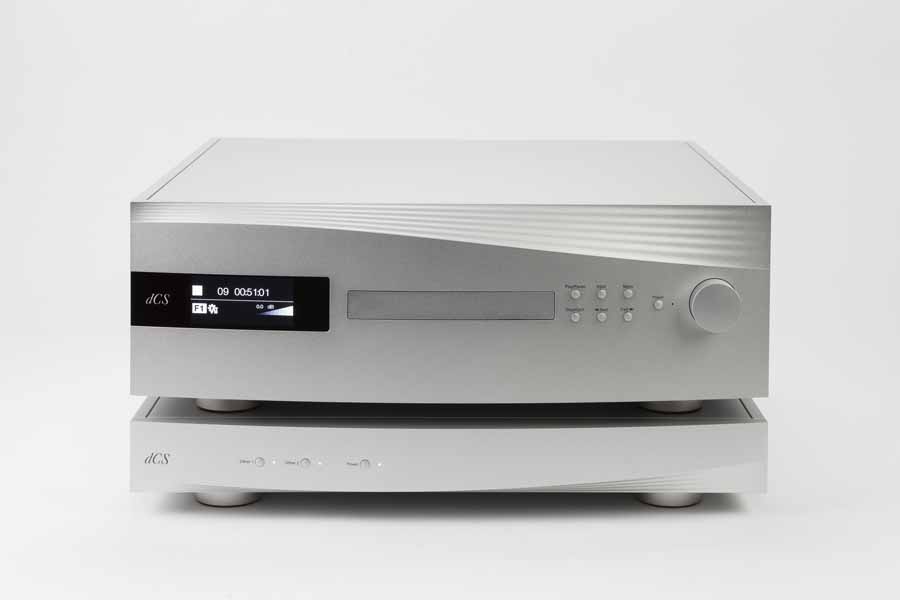
That said, anything that keeps people listening to music has to be a good thing, and music streaming is certainly bringing young people back to recorded music – even if it’s endangering the art of creating an album as a cohesive ‘piece’.
The physical music formats still have plenty of life left in them – after all, many of us have large CD and/or record collections. The recent vinyl revival proves that there’s an enduring appeal in the tactile nature of physical formats and the idea owning a piece of music, rather than merely streaming it. Turntables and CD players have been perfected over decades, and the sound quality they can derive from these ‘old’ music formats is quite astounding – listen to, say, a TechDAS turntable or a Metronome Technologie CD player and prepare to be amazed!
Many of the systems we recommend incorporate the best of all words in terms of sources – there’s no reason why streaming, CD and vinyl can’t be encompassed within a single set-up. We embrace the various formats for their own distinct characteristics… Ultimately, we handpick the products we distribute based on strict sonic criteria; it’s always about the sound, and if a streaming product doesn’t measure up – no matter how clever it is on paper – it’s simply not for us.
What system do you personally use at home?
That’s tricky for me to answer – I’m like a master chef and I’m not going to have the same dish every night! I like to cook different sonic recipes, and I’m fortunate to have a wonderful menu to choose from!
At Absolute Sounds, we never reference one audio component against another; instead, we reference them against the experience of live music. How close they get to recreating that experience is core to the Absolute Sounds philosophy.
What music inspires you?
I started my career in the rock industry – and I still love rock – but that doesn’t mean I can’t listen to Tchaikovsky or Shostakovich or Chopin, or a good jazz ensemble that gives me the same thrill. For me, it’s not the type of music that’s important; it’s the feeling it gives me. I’m fortunate to have more than 6,000 LPs to choose from – and that’s before we start talking about digital formats!
I strongly believe that listening to music is the best way to relax. It creates emotional vibrations like no other artform; it can even have medicinal effects. Absolute Sounds aims to give you more of the music… and an investment in a carefully curated high-end audio system will deliver hugely rewarding musical returns for many years to come.
What have been the greatest lessons you’ve learned about the hi-fi industry in your career?
It’s sad to say, but too few audio engineers really care about music and understand its complexity. Hifi is a means to an end, and the science and engineering applied to acoustic design should always serve the music, rather than the other way around; but that is often forgotten, even in high-end Hifi. Absolute Sounds’ job is to scour the world to locate components that are both scientifically ‘correct’ in the way they are designed and inherently ‘musical’ in the way they perform. With careful, knowledgeable component matching, a system built from equipment that fits these criteria will deliver a truly magical musical experience.












































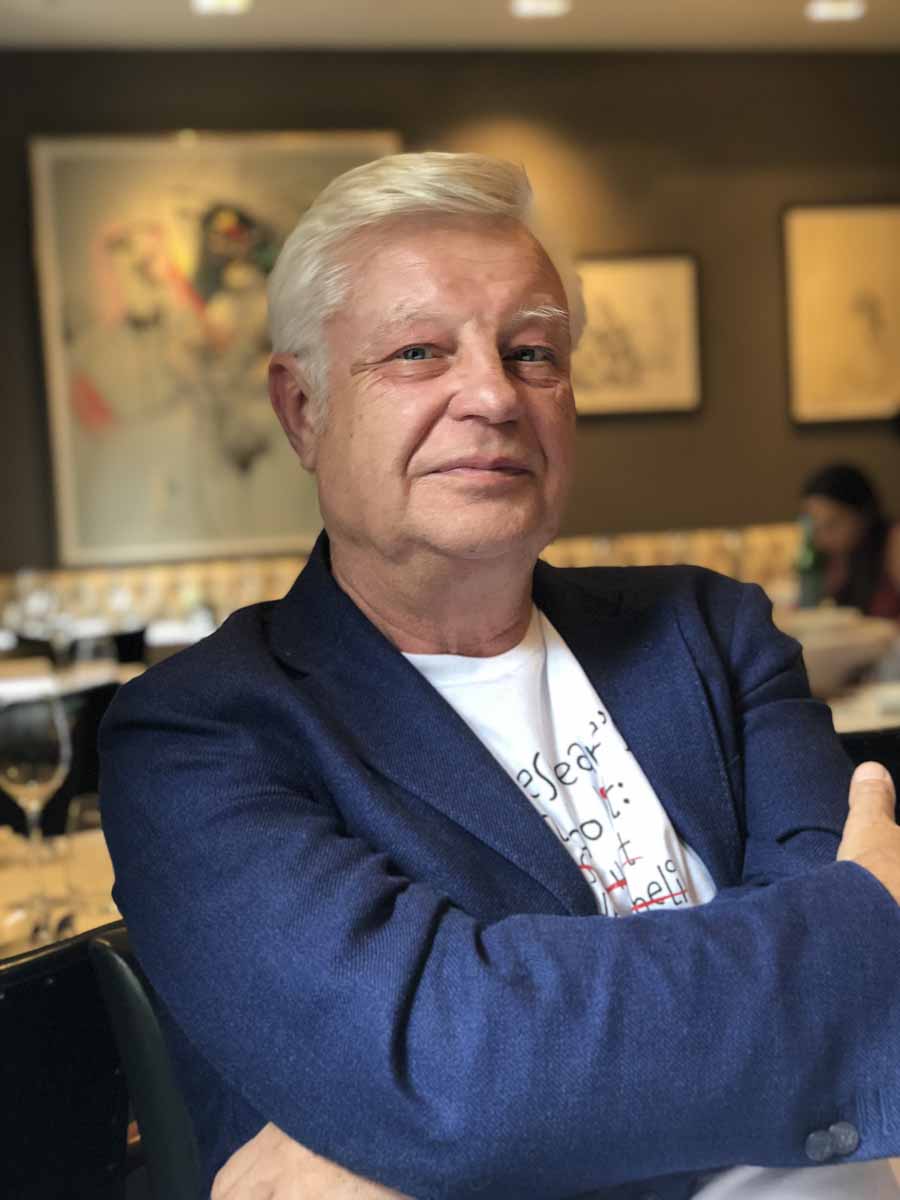


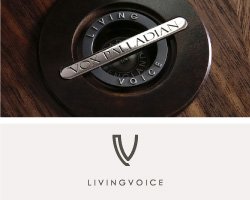

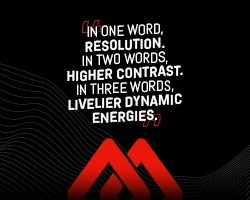

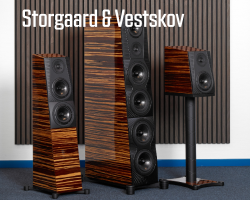

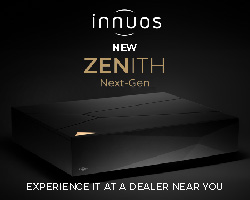
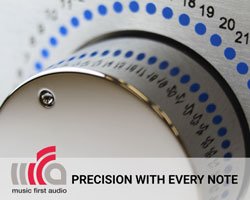
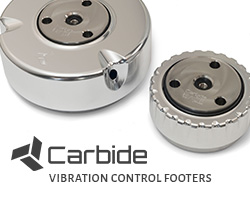

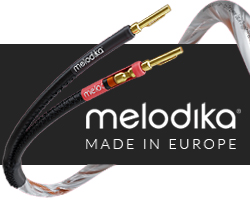
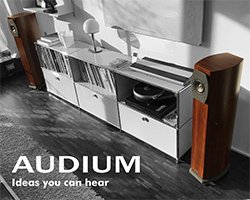
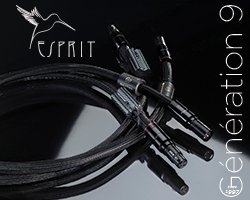
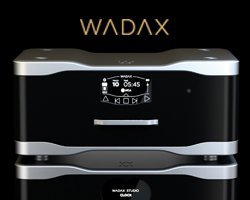

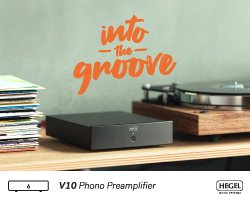

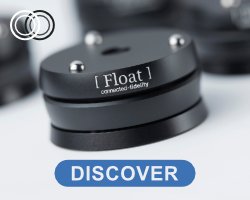
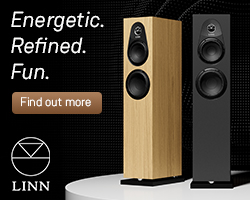
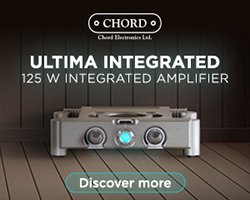
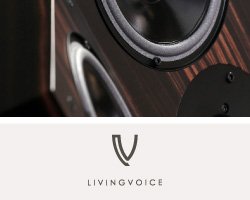


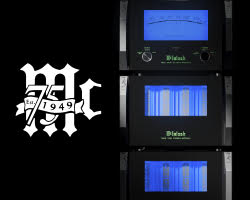


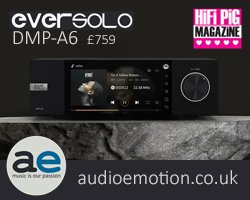
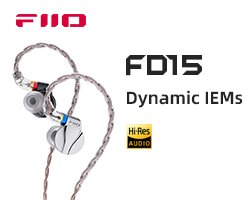

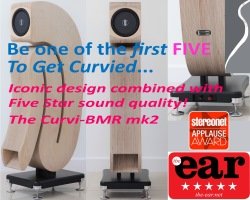
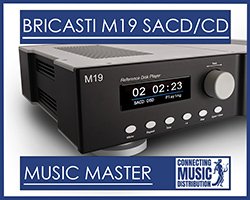
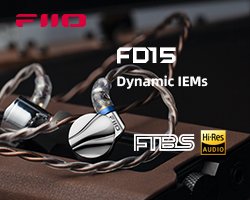
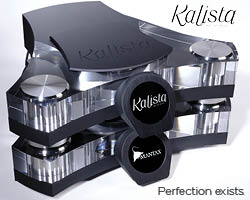
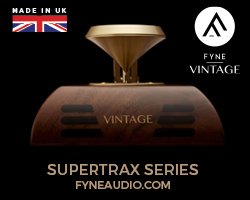

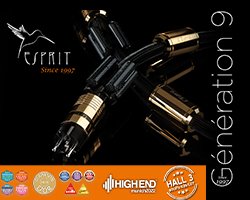
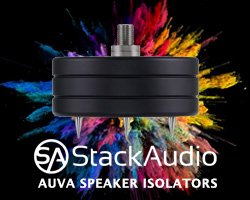
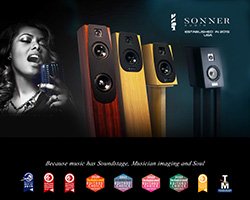
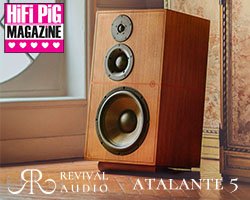
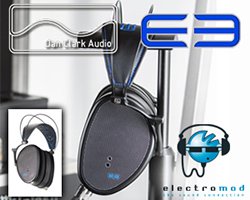

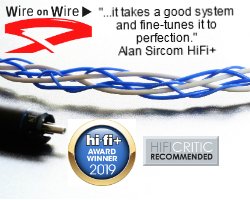




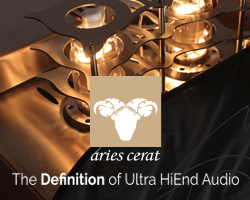

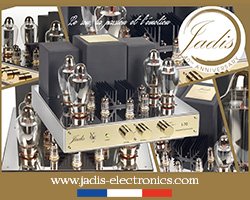
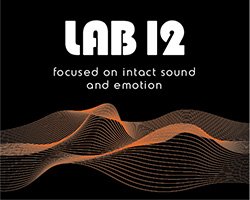
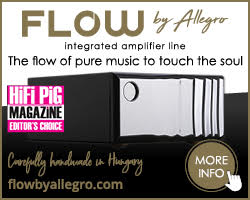

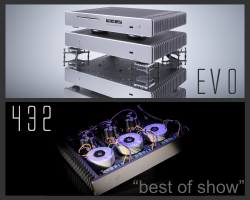

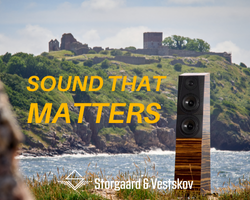



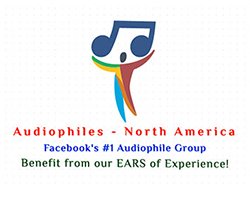
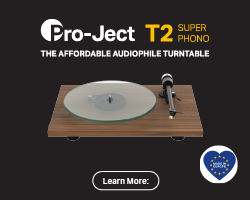
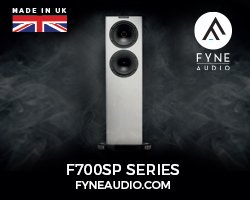

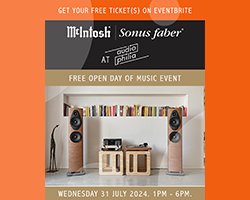
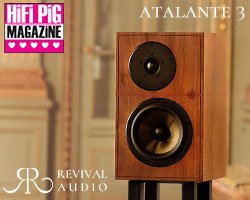

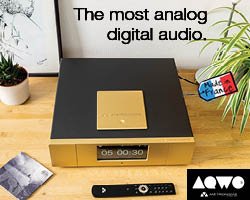
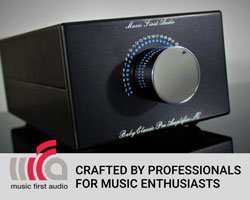
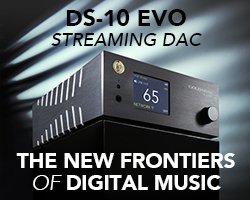
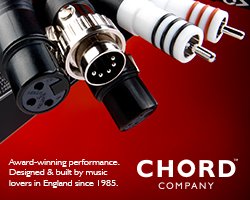

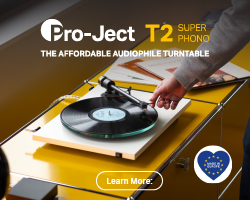
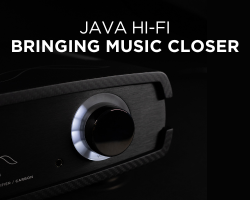
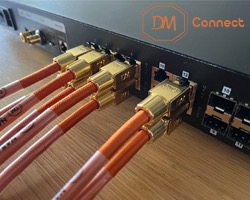


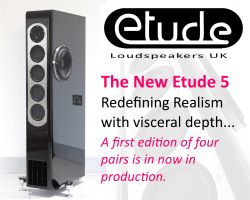
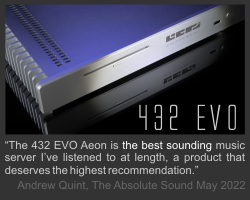














































You must be logged in to leave a reply.